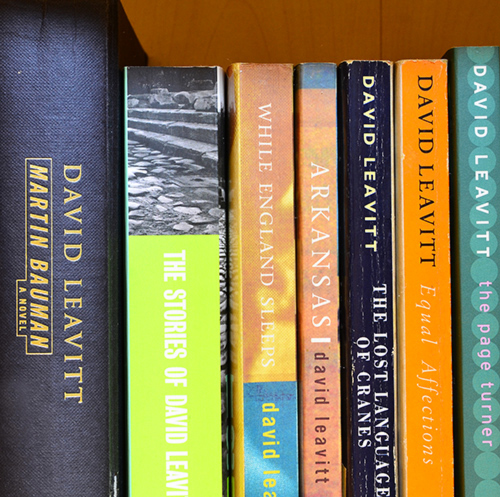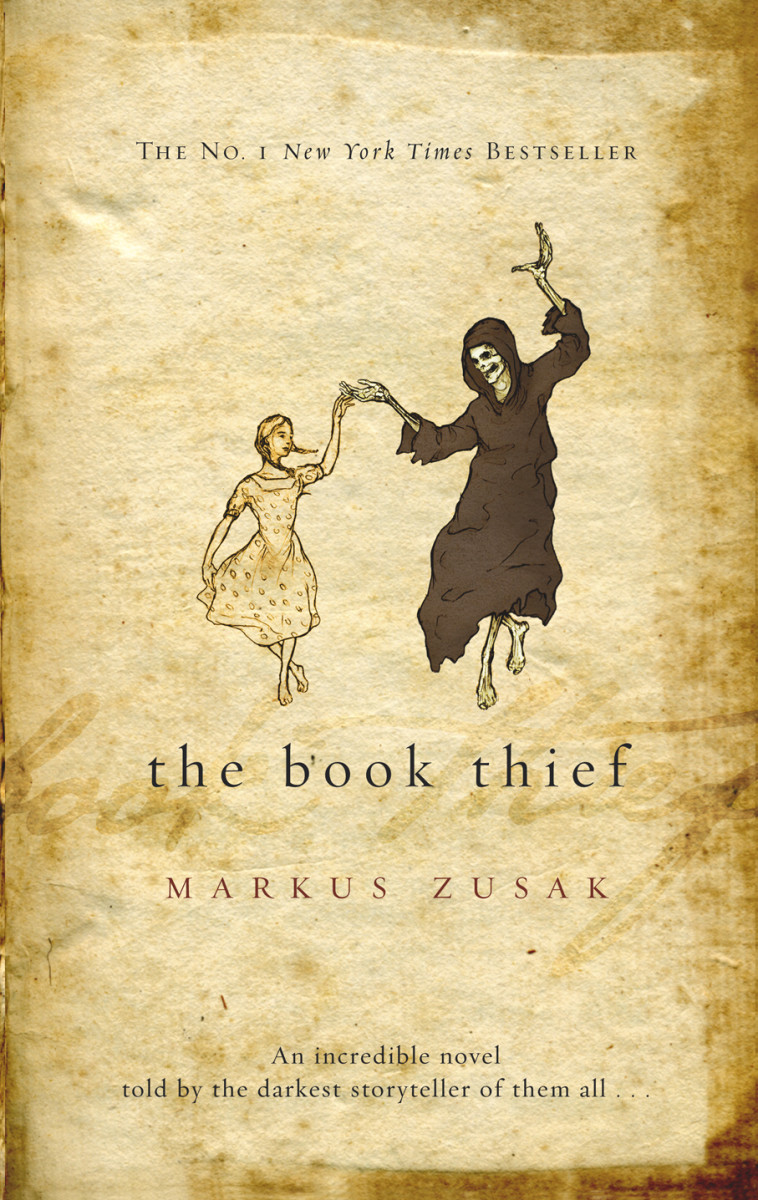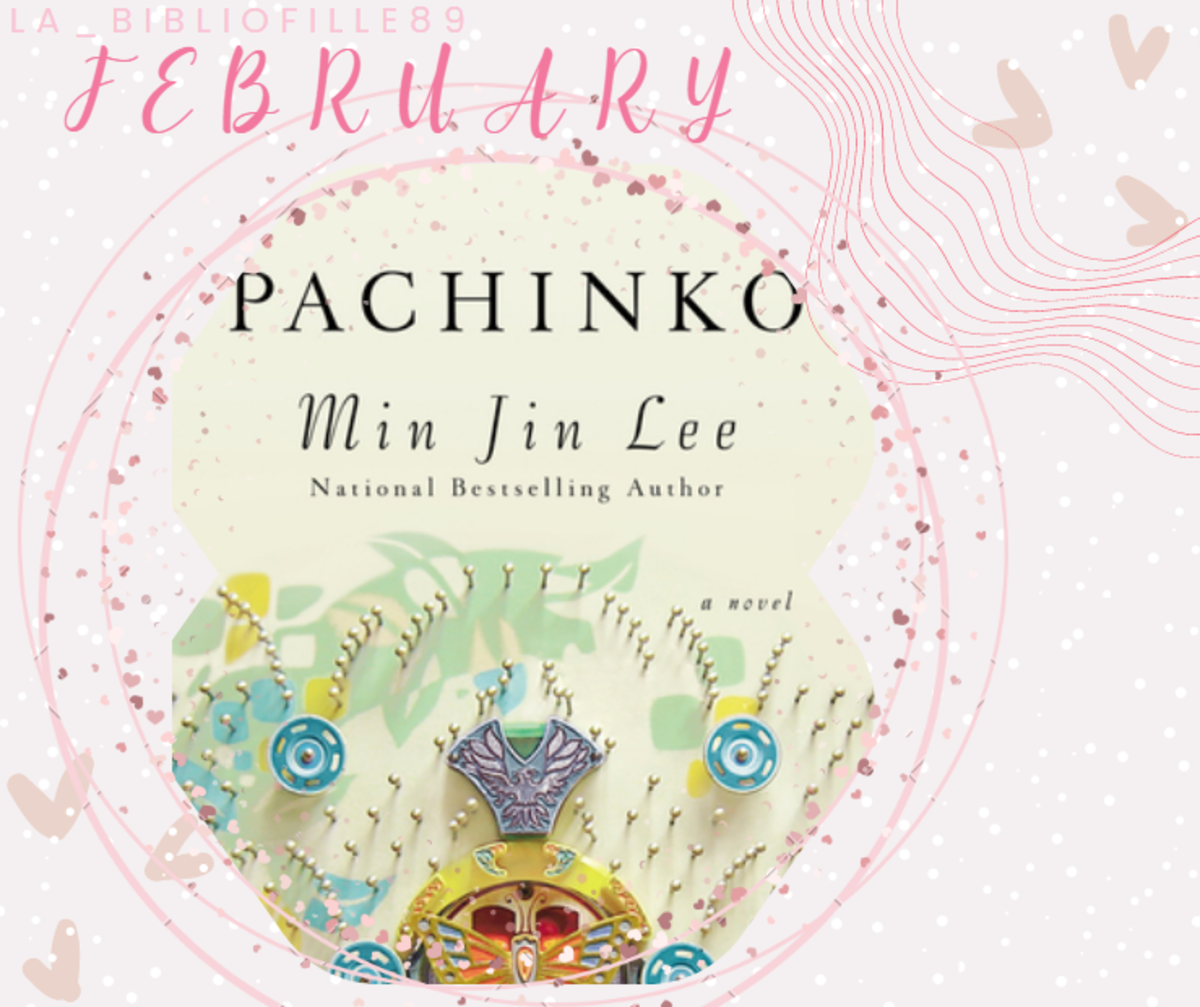Author Review - David Leavitt

David Leavitt’s books occupy a prominent space on my bookshelves, and friends I invite into my study inevitably display one of two reactions. Disregard by those unfamiliar with the author. Or a sly, questioning glance from those who do.
Why the questioning glances? Because David Leavitt has long been considered a “gay” writer. His books are typically displayed alongside Hollinghurst and White in bookshops. His protagonists are almost always homosexual, in some way
This perception is regrettable, in my opinion. For while Leavitt does write a lot of stories with gay characters, he was also once hailed as the first gay writer who would successfully transit from the gay market into the mainstream. In his stories, homosexual life is always presented under broader, more universal themes in his stories. Themes such as family, conflict, loss, and especially the ambiguous dynamics between parent and child. A more accurate description would be to say David Leavitt is a keen observer of the modern family. Families in which homosexuality just happens to play a significant role. His stories are “gay,” in the sense that they feature gay characters. But in no way is this aspect ever glamourized. Neither is it endorsed or critiqued at all.
Entry
Leavitt’s first book, Family Dancing, was published in 1984. Following that, he released several short stories collections and novels that were favoured with positive reviews. His literary success soon reached the point where he was touted to be the first writer who would successfully cross over from the gay fiction market to the mainstream one. To understand why he earned this accolade, one just needs a cursory reading of his earlier works. Whimsical, stoic and elegant, Leavitt’s brooding tales are often interlaced with an underlying bitter-sweetness towards life. His prose is measured and his plotting restrained, and unlike works by authors such as Robert Rodi, comic campiness is decisively shied away from. A lot of times, his stories are also episodic frames, with little resolution or exclamation. In this sense, they perhaps fulfil what the literary market demanded for in a short story. That letters be compact, well-crafted snapshots of life. No preaching. No ranting. Let the reader enjoy the liberty of forming his own conclusions after reading.
The most exemplary example of this winning approach would be Leavitt’s first novel, The Lost Language of Cranes. A tragic comedy of sorts, the tale revolved around a small American family, one in which both the father and the son were gay. The climax of the story, if it could be considered as one, was a cringing dinner scene whereby every remaining secret came under brutal light. With that, the story ended. The suffering men of that family went to bed fitfully, clueless at how to unravel the mess. The mother ruminated on the upheavals of her life, while drinking cold milk in the kitchen. As a reader, one is left to wonder whether there could be any adequate solution at all, and to me, this was the point of the story. The situation was abysmal, but there was also the hint that everybody wouldn’t be too worse off in the end. One way or another, life continues. And maybe, just maybe, there might be a happy ending. It depends on how you interpret the characters and predict their futures.
The Lost Language of Cranes, in that sense, has many of the makings of a literary masterpiece. It is not without its flaws, of course. For example, I continue to find the key metaphor of the crane-child ungainly. In subsequent stories, Leavitt, as befitting a rising author, further refined his style and at opportune moments, also displayed his capability for lighter, humorous prose. His next milestone as an established writer then came in 1993 with the release of While England Sleeps, a novel set during the Spanish Civil War and markedly unlike any of his earlier works. Tragically, what ought to have been Leavitt’s first permanent marking on the international literary scene quickly turned into his worst nightmare. While England Sleeps was vehemently sued for plagiarism. The matter was eventually resolved out of court but it forever dampened Leavitt’s career and reputation. According to some literary analysts, Leavitt never fully recovered from the incident. None of his subsequent works achieved the level of recognition he once enjoyed.
In your opinion, is a writer who uses a lot of gay characters a "gay fiction writer?"


Exit
I read While England Sleeps during a European winter vacation. I bought the novel in a Parisian bookstore and read it late into the night while on an overnight train down to Madrid. My feelings after reading, it was splendid. There was an epic, Hemingway kind of feel to it, the whole running away to join a foreign war premise and all that. Injected into the story were also poignant observations about social class and division. Once again, though the protagonist was gay and in Spain because of his male lover, homosexuality was just a plot moving device. Examined instead are wider themes of intimacy and loss. Best of all, and befitting true Hemingway style, the protagonist’s lover died miserably. The protagonist was left to survive the tragedy alone, on a cold ship back to England.
Having enjoyed the book immensely, I scoured the Internet for reviews upon returning home. I was subsequently aghast to learn of the notorious lawsuit behind the book. The poet who sued Leavitt for plagiarism, Stephen Spender, employed the choicest words in his accusation, stating that Leavitt weaved a pornographic fantasy based on his biography. (While England Sleeps had more sex scenes than previous Leavitt works, though I personally wouldn’t consider them pornographic) The lawsuit was then settled out of court, with the novel withdrawn and revised. The scandal seemingly over, While England Sleeps went on to win a finalist prize with the Los Angeles Times and Leavitt himself released several other titles in years to come. For me, though, and I suspect for many other readers too, a permanent pallor was cast over Leavitt’s works. The lawsuit is always brought up in any extended review of Leavitt’s works. I myself was substantially affected. For a long time, I stopped reading David Leavitt.
This was unfair, I admit. It was also what prompted me to write this author review. Whatever the reality behind the lawsuit, the concrete truth was that Spender himself agreed to the settlement. Moreover, Leavitt’s skills as a writer continued to be proven in his subsequent works. Arkansas, his 1997 collection of Novellas, had the same sort of emphatic observations found in his earlier works. The Page Turner (1998) began as a comedic romp around Europe before effortlessly segueing into a story about the tragedy 99 per cent of musicians suffer, i.e. they would never achieve renown. In every sense, Leavitt’s capabilities and devotion as a writer were not diminished. In fact, he even embraced the Spender incident; one of the novellas in Arkansas was based on the lawsuit. As a reader of his works, I ought to consider myself rewarded. While once gifted, Leavitt was now also worldly. His writing gained a deeper, more astute edge. One is assured Leavitt truly understands what interpersonal conflict means, when he writes about it.
Sadly, while I have returned to Leavitt, the market as a whole declined to do so. Leavitt continued to be published, but his foray into mainstream, “respectable” literature was over. Famously, Drew Patrick Shannon, in an article for the International Journal of Sexuality and Gender Studies, stated that the lawsuit “allowed critics to reinforce the boundaries between gay and mainstream literature that Leavitt had previously crossed.” Leavitt is enshrined, entombed, as a gay fiction writer. His books might now be displayed with other literary masterpieces on bookshelves, but it is unlikely that they would be included in a critic’s list of “100 books you must read” anytime soon. As mentioned, David Leavitt, and his books, are also forever branded as “gay” fiction.
Re-entry
Another possible tragedy is that the Spender incident eventually did feel to affect Leavitt. His works post year 2000 frequently contain a certain, pomposity? There are plenty of flashy phrases and bombastic words, but comparatively, lesser of that crystalline insight I so loved in his early works. It felt almost as if Leavitt was working double-time to burrow his way back into mainstream recognition, and in the process, way overdoing it. The whodunit-ish “twist” at the end of The Body Of Jonah Boyd (2004) didn’t impress me at all. Instead, it felt trite. The Indian Clerk (2007) I decided to skip, for on the whole, it didn’t feel to be a Leavitt story. It felt more like an experiment into a recognised and established sub-genre; that of the fictitious (romanticised) biography set in exotic colonial times. With his latest book, The Two Hotel Francforts (2013), things thankfully took on a positive turn. There is that episodic, snapshot of life impression once more, and the four main characters defy any easy interpretation. The ending also contains an unsuspected, and subtly sinister twist, which well summarises Leavitt’s gain from experimenting with the whodunit genre. On the whole, The Two Hotel Francforts could herald Leavitt’s proper return to the mainstream market. Based on reviews on Goodreads for example, this return might already be in progress.
Would I Recommend Reading David Leavitt?
I’m sure you can tell that I remain a devoted reader of David Leavitt’s works despite the Spender incident and my criticism of his newer works. And so instead of stating the obvious, I would address two “concerns” some readers might have about his stories.
1) The gay element. There are substantial amounts of gay sex scenes in his stories. These are typically written matter-of-factly, with little glamorisation or campiness. By that, I mean the sex scenes are plot movers, never gratuitous. If you are fine with watching Brokeback Mountain or the Ian-and-Mickey parts of Shameless, you wouldn’t have any issues with them. If you rather be flogged than read a sentence about a dude kissing another guy, I strongly suggest you not start on a Leavitt book.
2) The plots. As mentioned, Leavitt’s stories frequently lack dramatic twists and climatic resolutions. One of my friends once criticised his stories to be dreadfully boring and frustrating. If you expect stories to have decisive conclusions, life-changing epilogues, lessons, etc, then David Leavitt is not for you. You will find his tales to be weary treks through misty mires. An endless wait for something dramatic to happen, but nothing to ever come.
Are you keen to read the works of David Leavitt?
© 2016 Ced Yong










